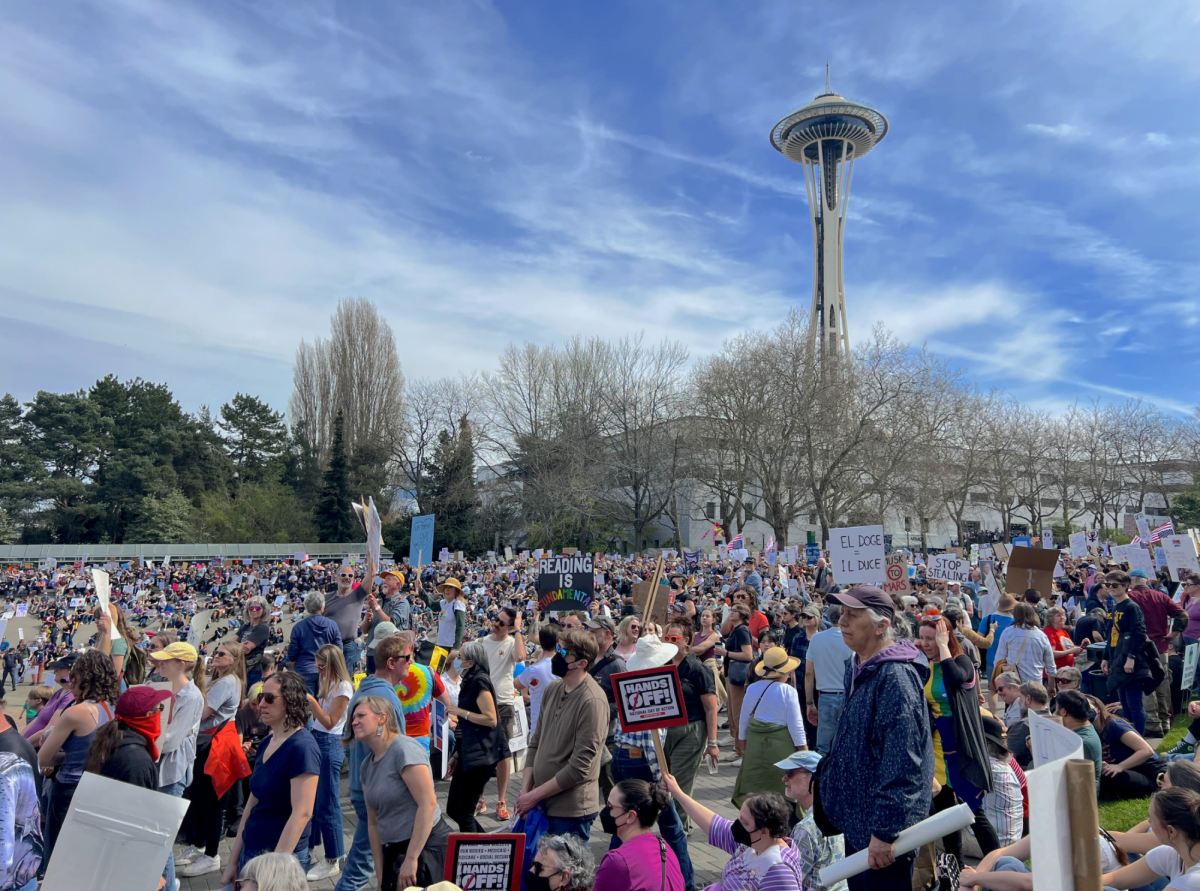CITY COUNCIL APPROVES BUS FARE INCREASE
The high cost of maintaining a working, accessible transit system is finally taking its toll on Seattle. Seattle City Council voted last week to increase bus fares—Seattle voters will decide on the increase in the April election.
If the increase is approved, Metro-users will see a 25-cent fare hike starting in 2015. These price adjustments are meant to save King County Metro Transit from needing to cut service by as much as 17 percent, according to The Seattle Times.
The ballot measure also presents a $60 car-tab fee. Together, the higher fees would raise $130 million a year, $80 million of which would be for improving and restoring Metro service, bus routes and road maintenance. The remaining $50 million would extend to fixing roads in other cities.
A low-income fare of $1.25 was also approved by the council—the increase in fare price would hit this community the hardest. While advocates and transit users are opposed to the fare increase, Councilmember Kathy Lambert told The Seattle Times they don’t have much of a choice.
“It’s sort of like your roof,” Lambert said. “Nobody wakes up in the morning and says, ‘I really want to repair the roof.’ But when the water is dripping on your head…you realize it’s time to fix the roof.”
SAGGING VIADUCT SCARES SEATTLE
Sagging is seldom welcome, a reminder of the inevitability of death. While cosmetic surgery now allows Seattle’s citizenry to fix personal sag, these people must now worry about an entirely different sagging: that of the Alaskan Way Viaduct.
The Viaduct, an elevated section of SR-99 that travels along the fringe where the city-proper meets the Sound has long been a source of concern for residents. The highway has always been of particular concern to seismologists – many of them crying over the years of the danger posed by the concrete behemoth stretching over some of the city’s most populated and historic areas.
After the 2001 Nisqually earthquake, the viaduct was damaged and began to sag. Demolition began a few years ago after area residents, seismologists, and politicians agreed that they could no longer co-exist with the road. Some sections still remain and these sections are now sagging, according to some, at alarming levels. The Washington State Department of Transportation, however, has denied that these remaining sagging sections pose a real threat.
‘NO CHILD’ MOVES TO ENFORCE ‘LEFT BEHIND’ TESTS
On Tuesday, according to the Seattle Times, Washington Governor Jay Inslee encouraged state lawmakers to include student’s statewide standardized test scores in teacher and principal evaluations. In the past, Washington state only included the scores of local district testing in their evaluations.
Inslee’s announcement comes on the heels of a Federal announcement encouraging states to include statewide test scores in their evaluations, or risk losing their No Child Left Behind funds. The state of Washington, along with several other states, has long received a special waiver from the Federal government allowing it to ignore disliked portions of the act and still receive its funding – including the requirement to include these scores.
Inslee reportedly met with U.S. Secretary of Education Arne Duncan over the weekend and left the meeting convinced that unless Washington adopted this controversial change they could lose nearly $40 million in federal education funding.
The use of test scores as a mechanism to evaluate teachers, particularly scores on statewide standardized tests, is perhaps the most often debated piece of the No Child Left Behind plan pushed through congress by President George W. Bush in his first term and maintained (albeit more loosely) under President Obama. The recent shift indicates that the Obama Administration may be pushing the program back to its original mold.
SMALL BUSINESSES SPEAK UP ON MIN. WAGE
Last week, Capitol Hill’s independent businesses put the brakes on the minimum wage increase debate. The 60 percent hike is too much, too fast, business owners said.
“We can raise the minimum wage and keep our independent business alive if we do this correctly,” said Stranger publisher Tim Keck on Capitol Hill Seattle Blog (CHS). According to Keck, small businesses can’t handle the huge leap. If Seattle wants this to work, the increase has to be more gradual, he said.
Small businesses do consider this wage debate to be very important, but neighborhood organizations are working to discuss the best way to go about implementing a change like this while also maintaining the local economy.
CHS is talking with business owners about potential strategies. So far, the website has reported the early ideas are concepts like tip credit and paid sick leave.







